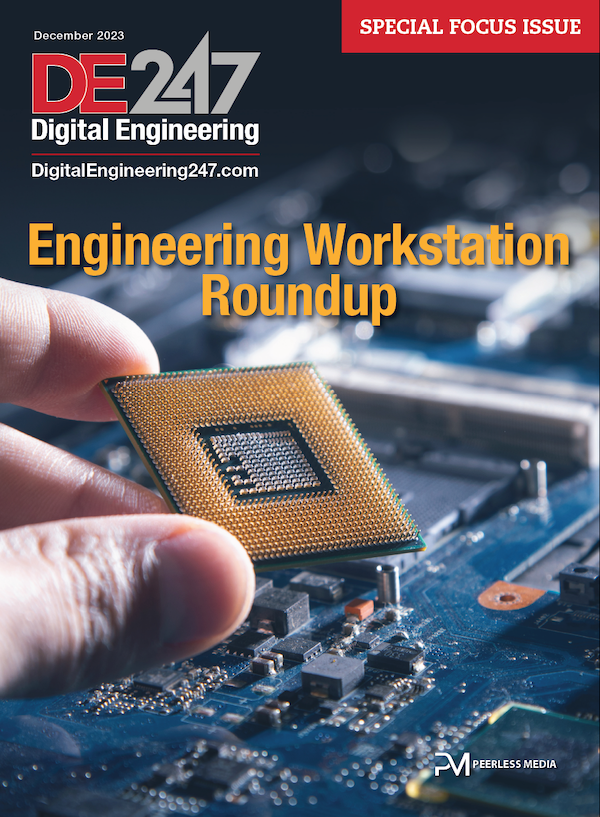Maxim’s Ultra-Low-Power Mixed-Signal MAXQ2010
6-bit microcontroller offers extended battery life in power-sensitive applications.
February 4, 2009
By DE Editors
Maxim Integrated Products (Sunnyvale, CA) introduces the MAXQ2010, a 16-bit mixed-signal microcontroller with a unique power-saving stop mode. It offers development tools that help the designer rapidly accelerate the design process.
The MAXQ2010 microcontroller is suited for equipment that spends the majority of its life inactive, only waking up once every few minutes to take measurements. Examples include sensors, data acquisition systems, or environmental dataloggers.
A key feature of the device is its industry-leading stop mode, which allows the microcontroller to reduce power consumption to less than 370nA — this extends the life of battery-powered devices.
The MAXQ2010’s stop mode reduces power consumption to 370nA typical and 6.5microamps maximum at +85 degrees Celsius, thus extending the life of battery-powered devices. Designed on a RISC architecture, the MAXQ2010 balances high-speed execution (up to 10 MIPS at 10MHz) and data sampling (up to 312ksps ADC conversion at 12 bits) with a low-power active-mode current.
The MAXQ2010 offers multiple power-saving operating modes, and provides features for portable, battery-powered applications.
The MAXQ2010 is packaged in a 100-pin LQFP and operates over the -40 degrees Celsius to +85 degrees Celsius temperature range. Prices start at $2.95 (10,000-up).
For more information on the MAXQ2010, please visit Maxim Integrated Products.
Sources: Press materials received from the company and additional information gleaned from the company’s website.
Subscribe to our FREE magazine, FREE email newsletters or both!
About the Author
DE’s editors contribute news and new product announcements to Digital Engineering.
Press releases may be sent to them via [email protected].






